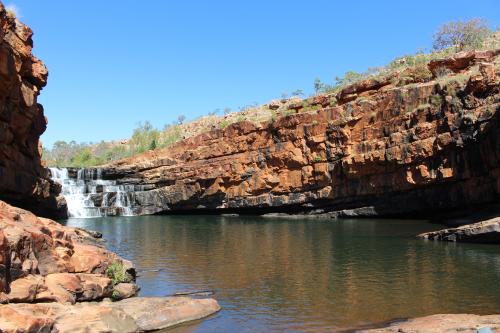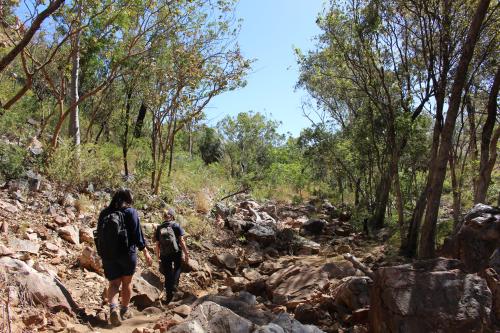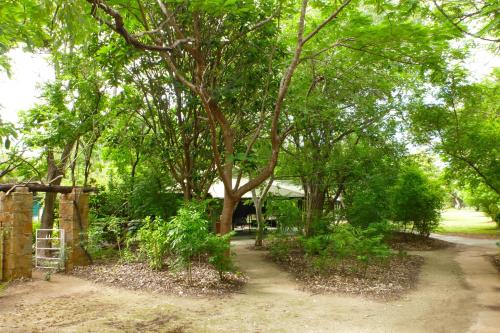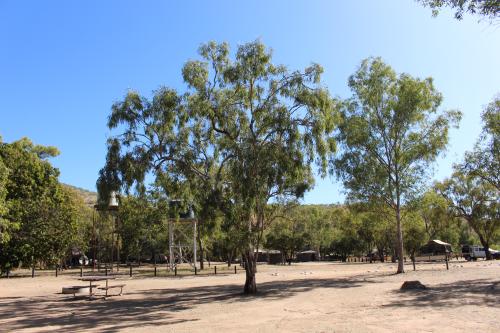About this park
Wunaamin Conservation Park is Wilinggin country and covers an area north of the Gibb River Road.
Formerly known as the King Leopold Ranges Conservation Park, this stunning landscape extends from the limestone Devonian reef of the Napier Range and the 560-million-year old Wunaamin Miliwundi ranges in the West, across to the Durack, Saw, and Cockburn ranges in the East.
You can explore dramatic escarpments and spectacular waterfalls, including the impressive Dalmanyi (Bell Gorge) and take a bushwalk through the iconic Kimberley landscape of impressive sandstone cliffs, boab trees, and stunning waterholes.
Set up camp and sleep under a canopy of Kimberley stars at the peaceful Dulundi (Silent Grove) Campground or, if you prefer a little luxury, Mount Hart Wilderness Lodge has a range of accommodation styles.
The rugged terrain of Wunaamin Conservation Park is only accessible by four-wheel drive vehicles. The park is open during the dry season between May and October depending on road access, closed during the wet season when roads are impassable.
Safety information
Plan when to visit. Read this safety information about bushwalking. Consider traveling with a personal location beacon (PLB). In the event you need to be rescued it could save your life!
- Heat - temperatures be extreme, exceeding 40°C during the day. When walking in the park wear a hat, long sleeve loose clothing, broad spectrum sunscreen and sturdy walking shoes.
- Carry and drink 1 litre of water per hour of walking per person. Avoid dehydration by drinking small amounts regularly
- Wi-Fi, phone reception - campgrounds have free Wi-Fi for campers.
- Mobile phone and internet - phone coverage is intermittent in the region. Check with your service provider before you go. A satellite phone is always recommended.
- Remote vehicle considerations - check your vehicle before departing and prepare it for remote locations and off road driving.
- Travel plans – always tell someone where you will be heading.
- For your own safety, please remain on existing trails.
- Seasonal closures - during the wet season, the park closes usually between November to April. Check Park Alerts before you go.
Crocodiles - When you are entering the Kimberley or Pilbara regions, you are entering crocodile country.
Two species of crocodile occur Australia: the estuarine (saltwater) crocodile and the freshwater crocodile. Both species can be found across the north of WA.
Crocodiles are dangerous and attacks can be fatal.
Take the Crocodile Information Guide with you.
Crocodiles can still be around even if there are no signs. They can stay hidden underwater for a long time and will see you before you see them.
If you see a crocodile showing signs of aggressive behaviour to people or posing a risk to public safety, please contact your nearest Parks and Wildlife Service office.
Gallery
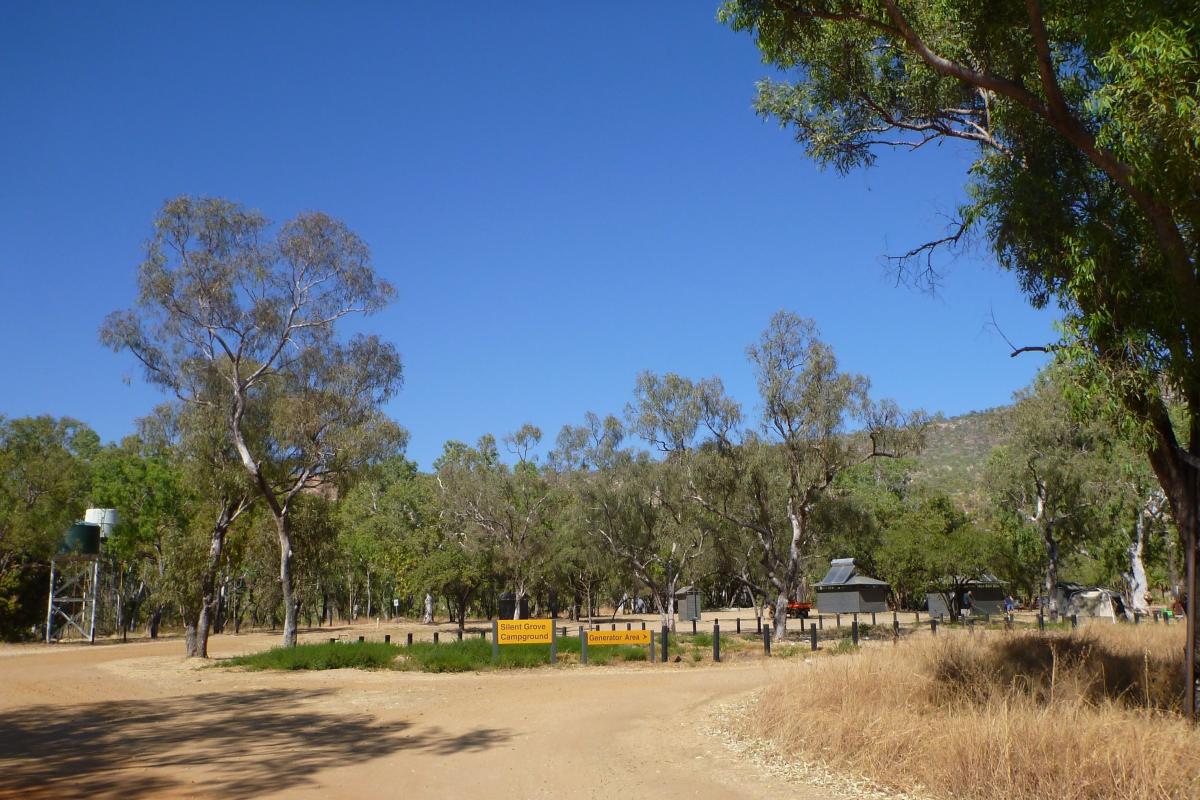
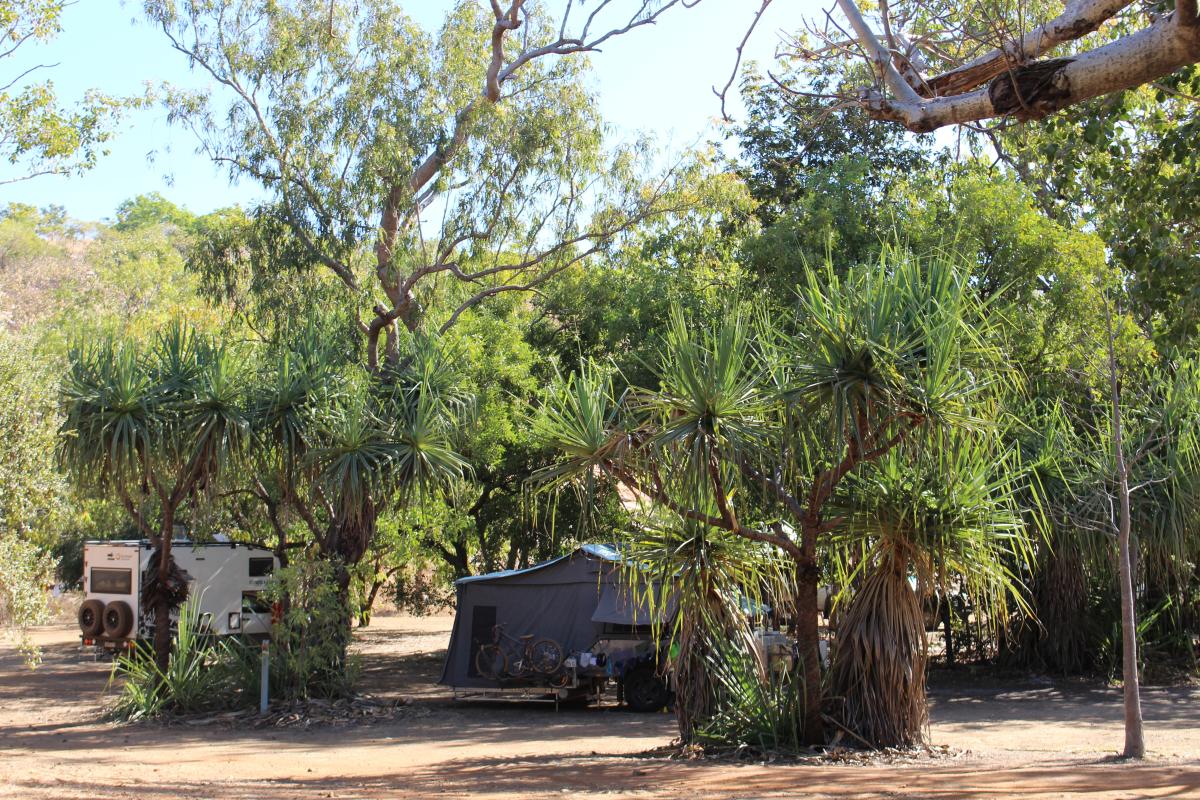
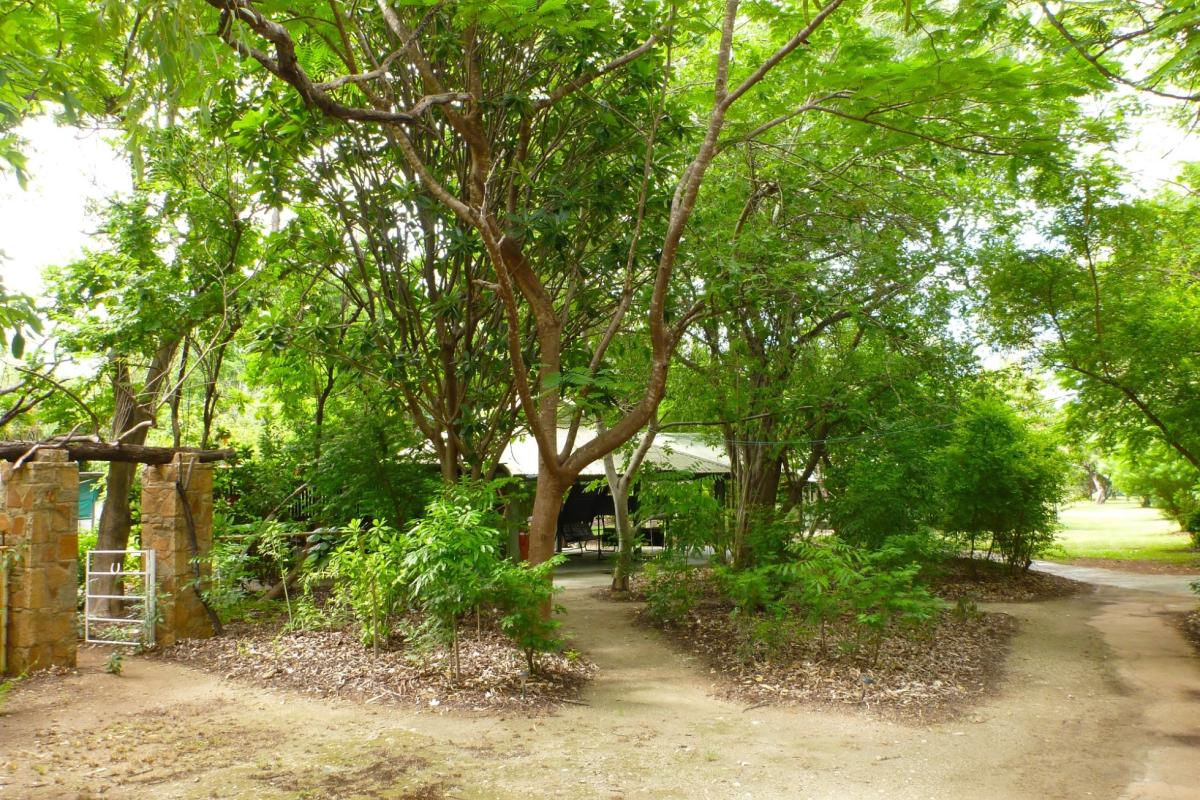
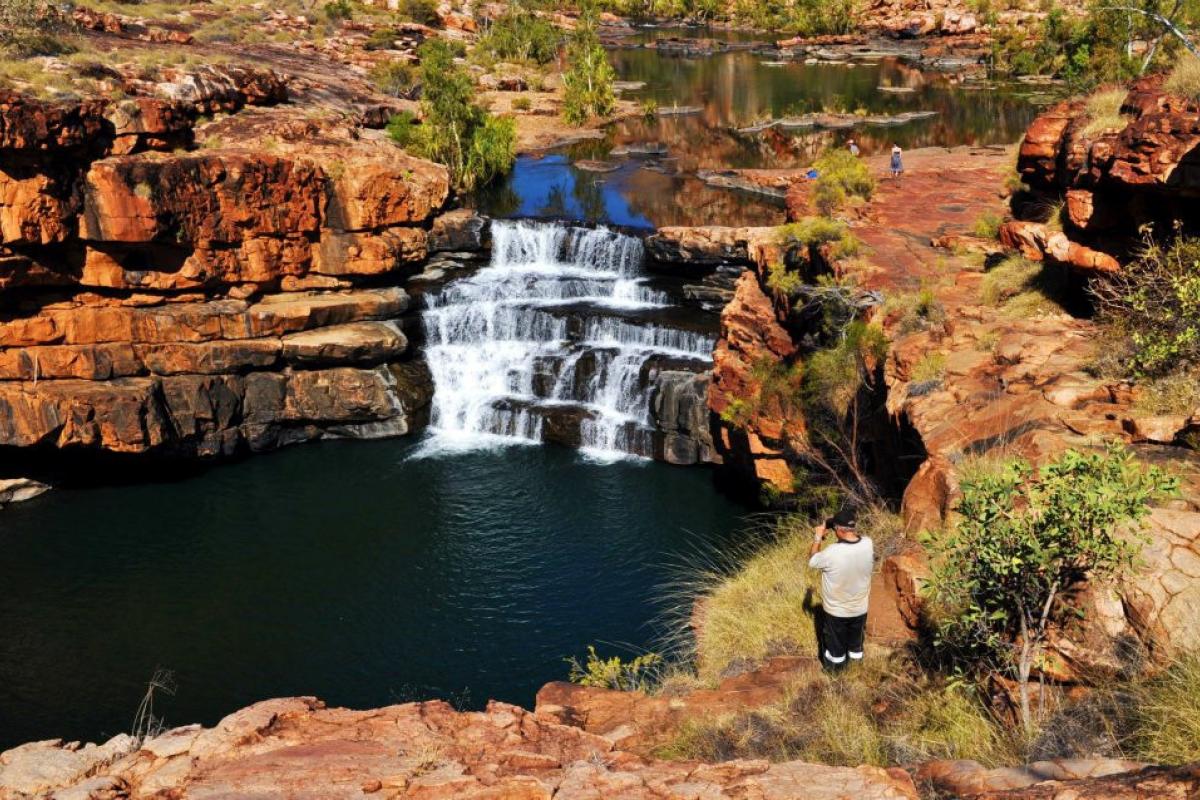
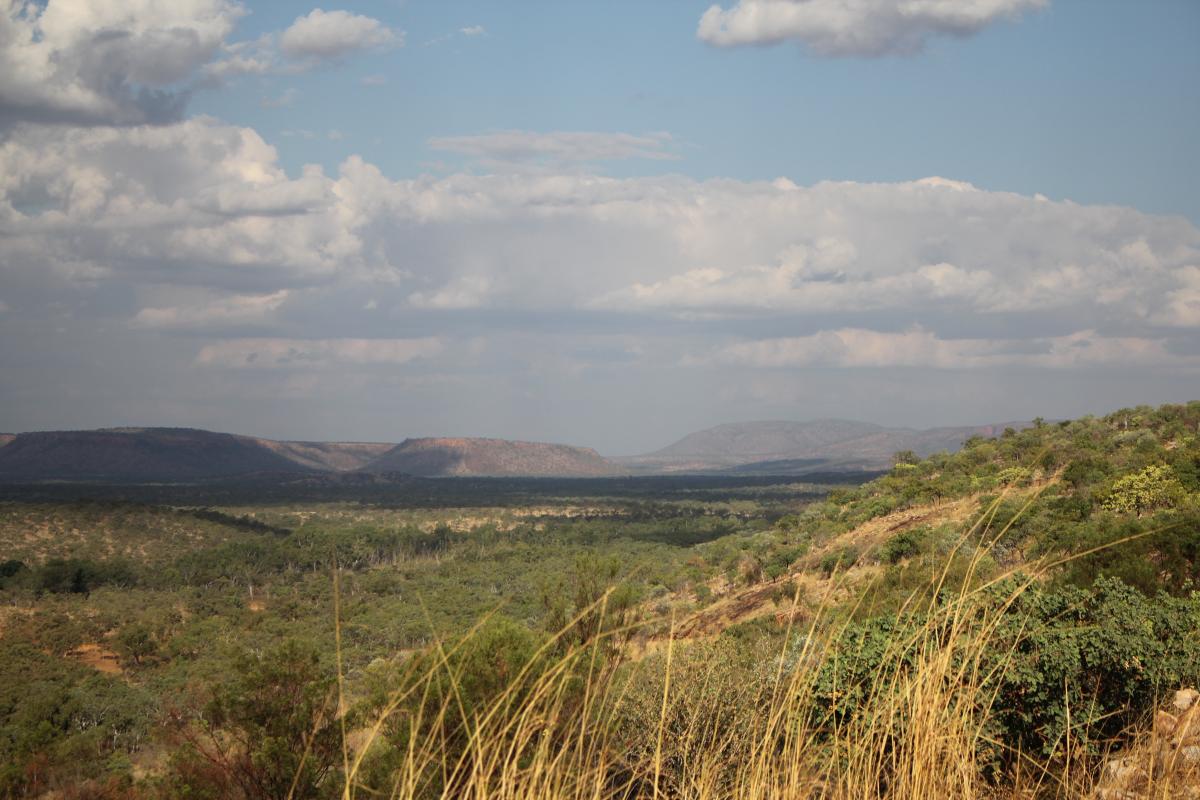
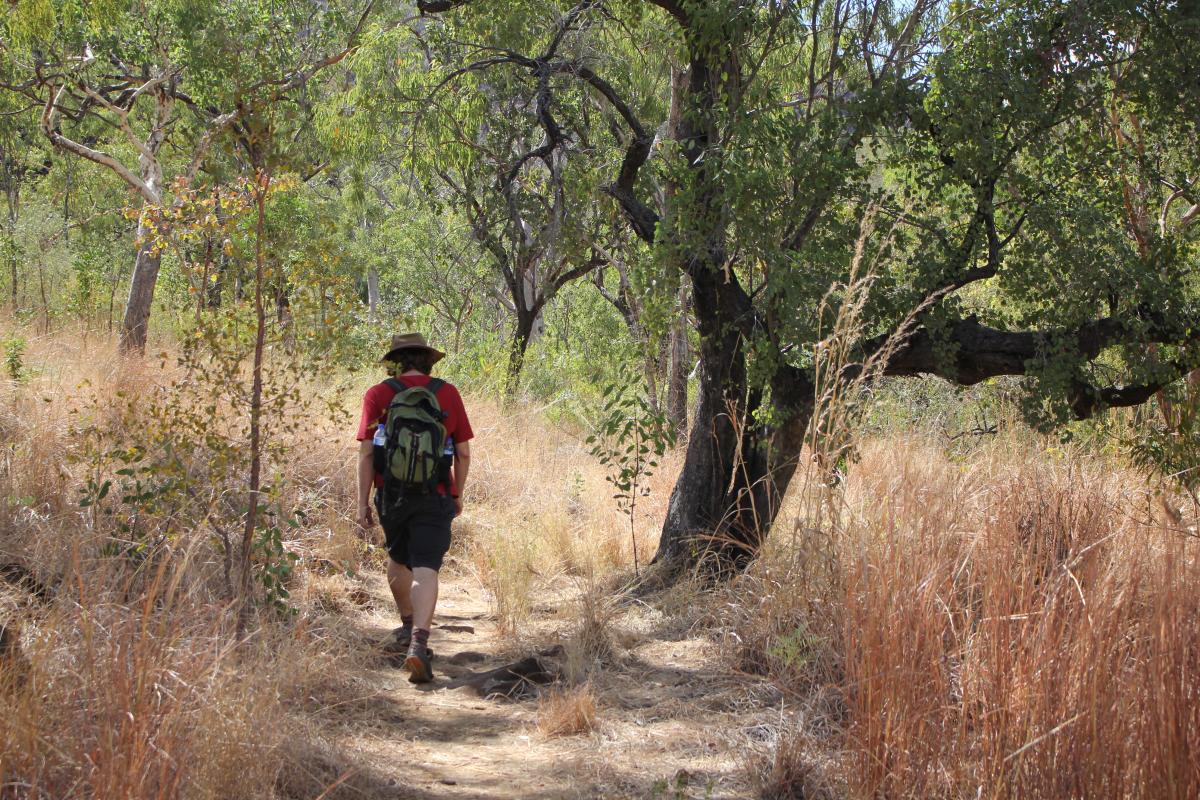
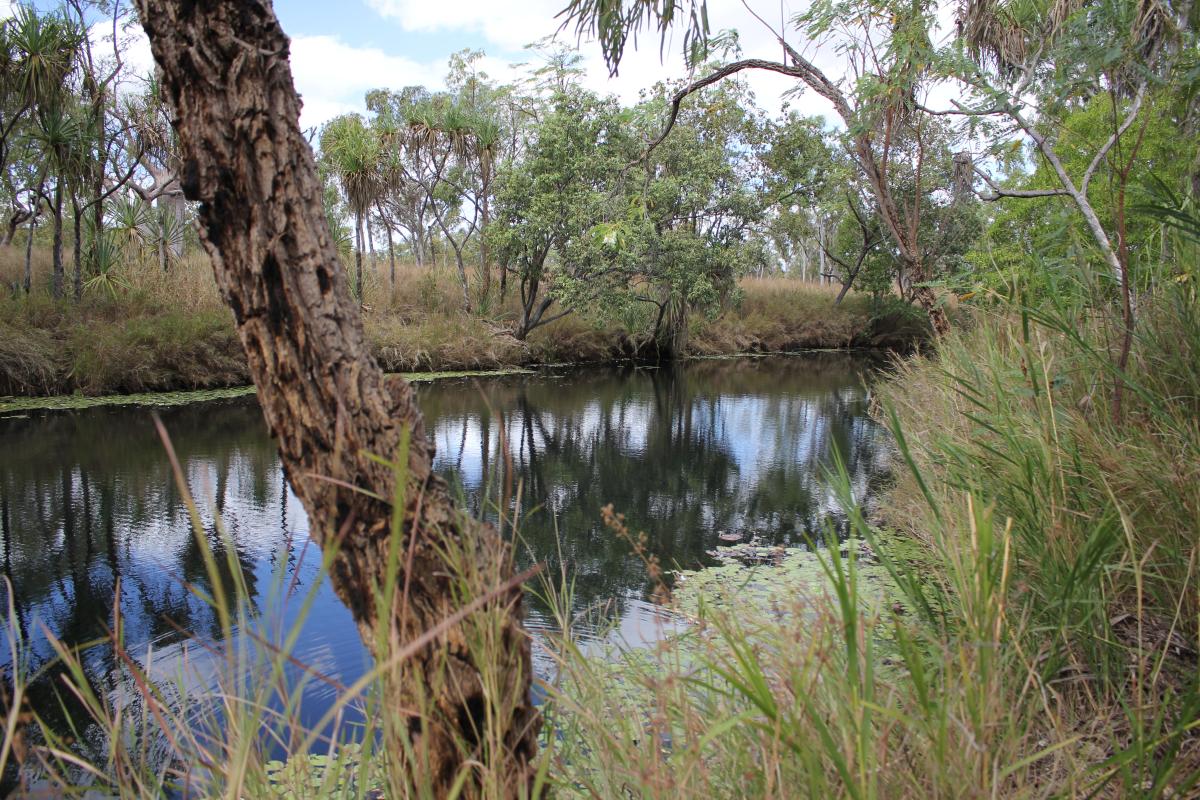
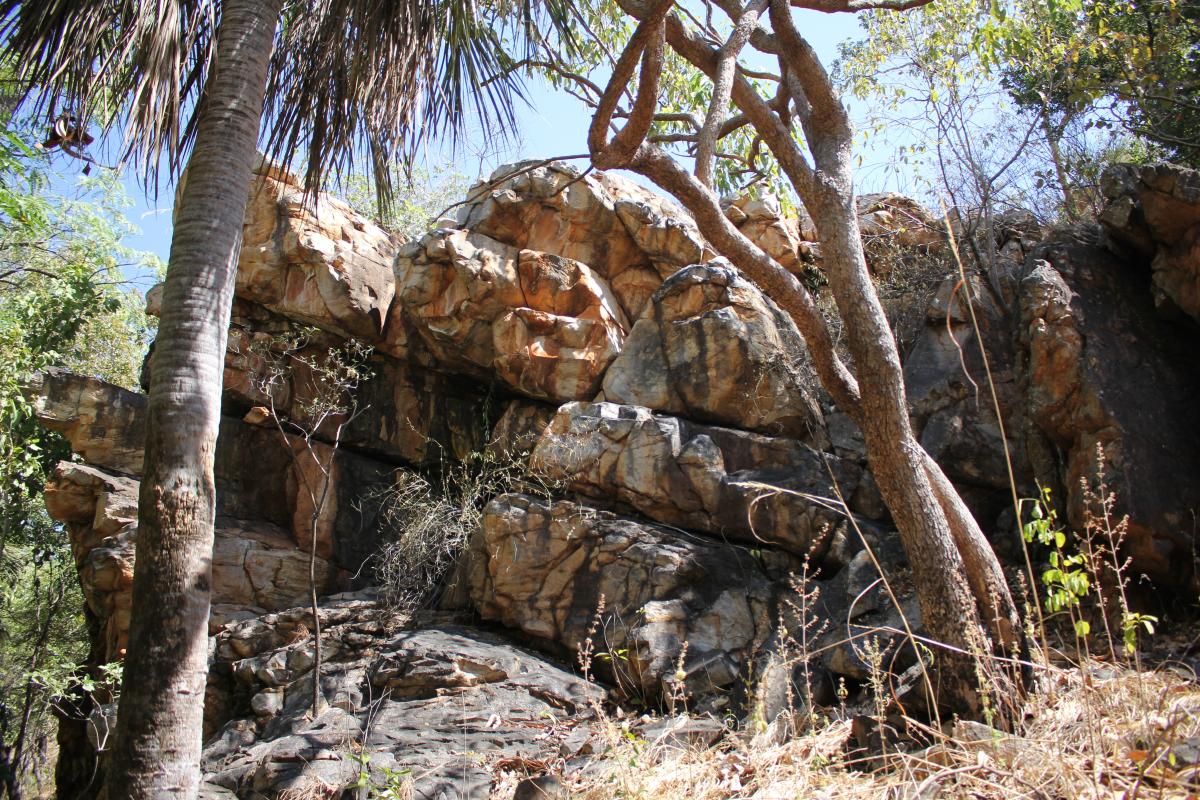
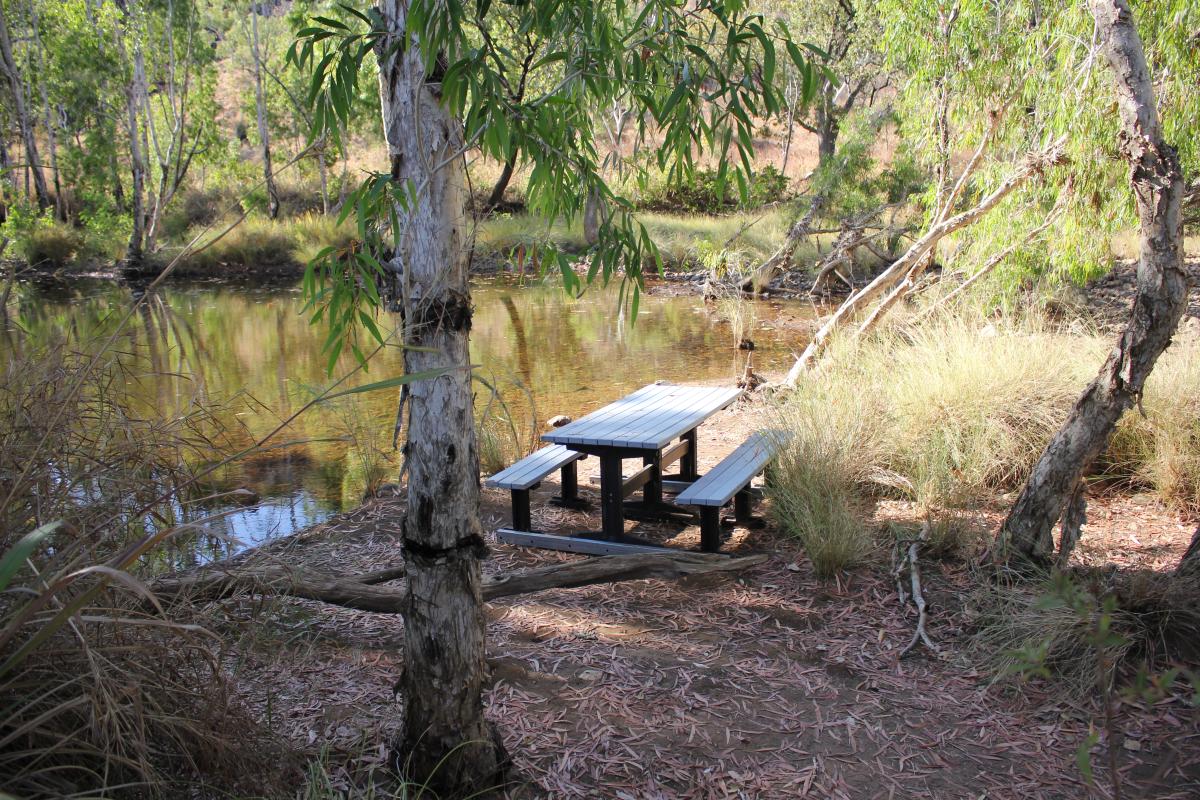
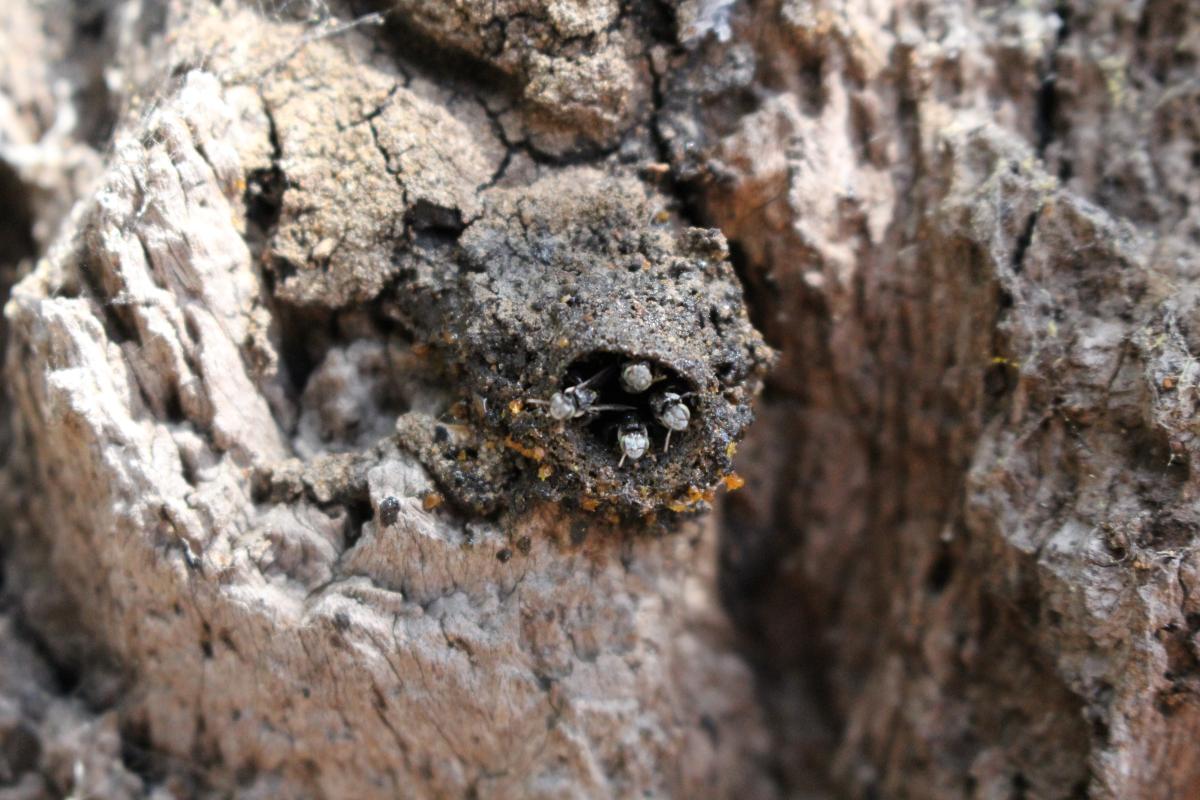
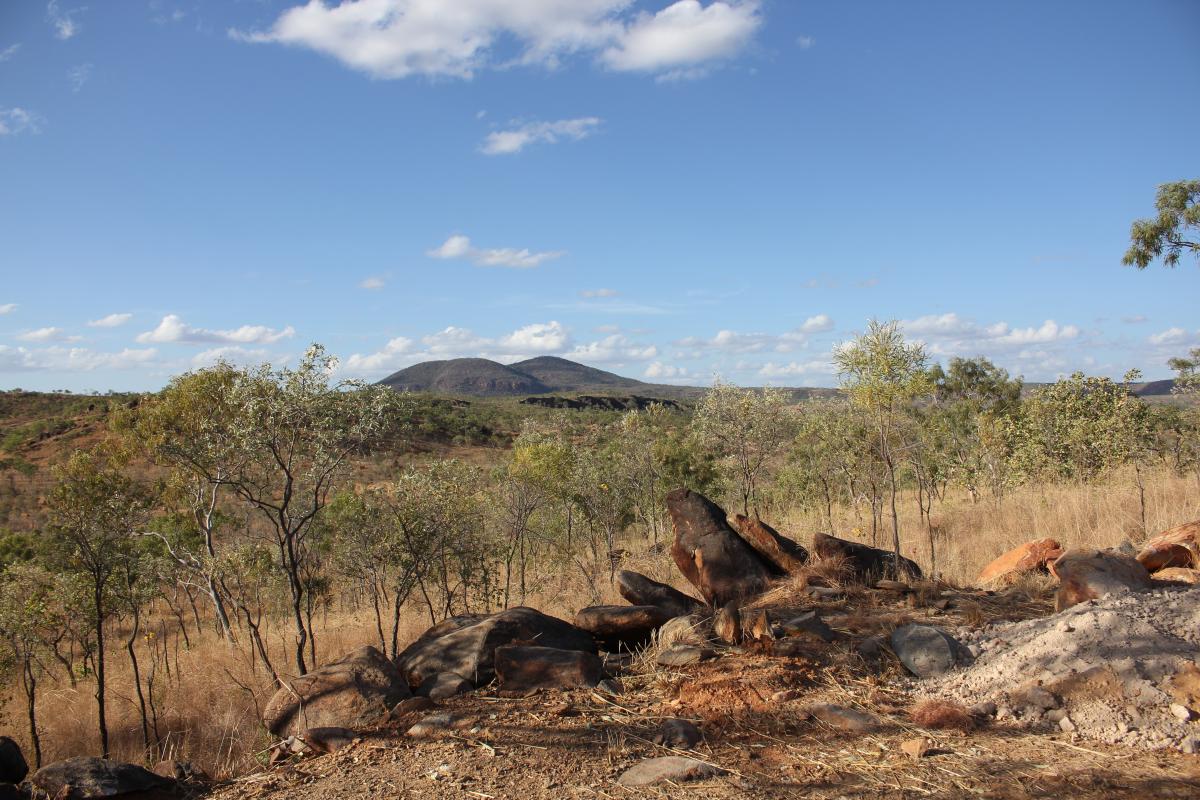
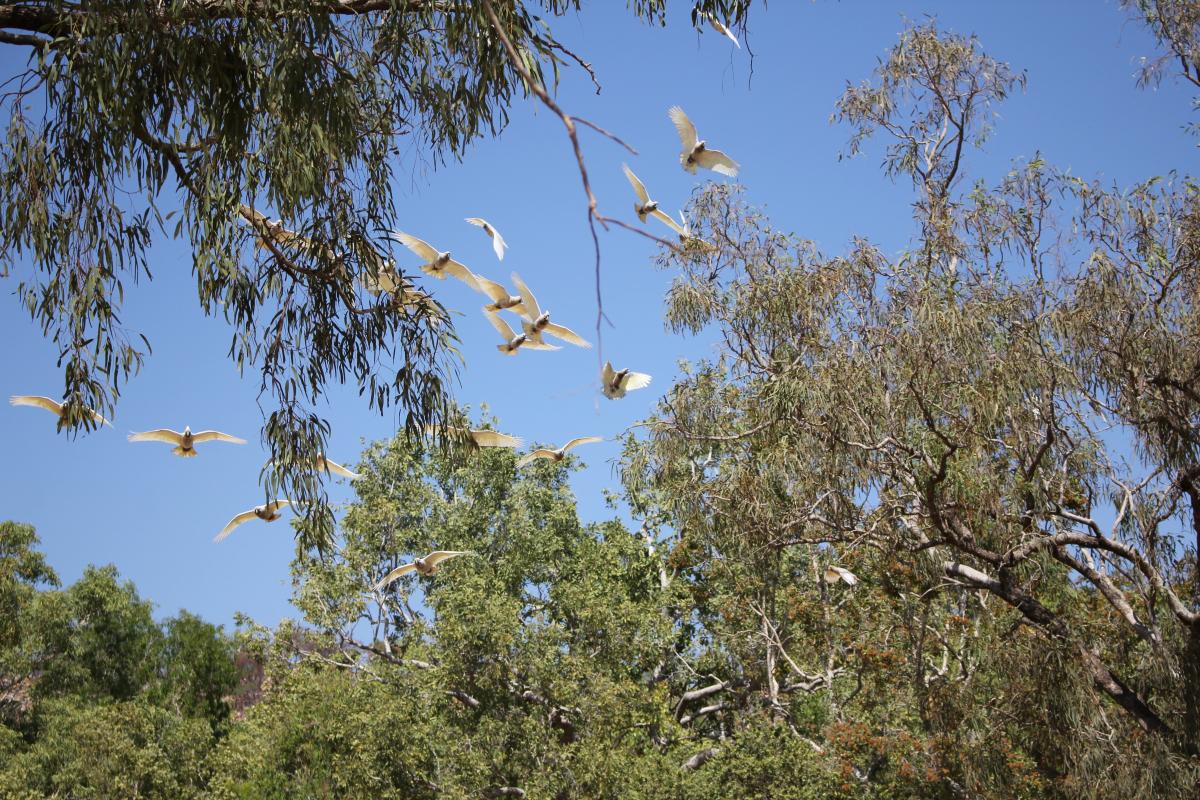
Caring for Country
This park has been reserved for conservation and protection. While you are visiting follow these principles to help care for the area.
- Plan ahead and prepare - Your enjoyment and safety are our concern but your responsibility.
- Travel and camp on durable surfaces - Stay on the roads and tracks to protect the park.
- Respect wildlife - Do not disturb or take animals, plants or rocks. Pets, firearms and fishing are not permitted.
- Leave what you find for others to enjoy.
- Minimise campfire impacts - Avoid the risk of bushfire. Use your own portable cooking appliance. Only light fires in the fire rings provided during the permitted period.
- Dispose of waste properly - Take your rubbish with you. Bins are not provided.
- Be considerate of your hosts and other visitors - Some activities might affect wildlife and the experiences of other visitors. Take note of information about the cultural significance of places that you visit and treat them with respect.
Activities
 Bird watching
Bird watching
 Bushwalking
Bushwalking
 Camping
Camping
 Nature photography
Nature photography
 Swimming
Swimming
Swimming at Dalminyi only.
Plants, wildlife and fungi
Visit the Atlas of Living Australia for a list of species recorded in Wunaamin Conservation Park.
Traditional Owners
We recognise and acknowledge Ngarinyin Aboriginal people as the traditional owners of Wunaamin Conservation Park.
Both the Wilinggin word ‘Wunaamin’ and Bunuba word ‘Miliwundi’ name the mountain ranges. Note the difference in spelling between Miluwindi Conservation Park and Wunaamin Miliwundi Ranges. Bunuba people have different variations and pronunciations of the word for nearby areas – Miluwindi is the area the conservation park is located, while Miliwundi is the name of the mountain range that is located within Bunuba country.
Wilinggin Country
“The traditional connection to this country is through the law of the Wanjina Wunggurr.
Ngarinyin people believe that the Wanjina are their ancestors, who came and ‘put themselves’ in the rock when the world was soft. Wunggurr is the Rainbow Serpent, who usually lives in deep water pools and is close to the Wanjina.
Wunggurr, the Rock Python/Rainbow Serpent, is most concentrated in the permanent waterholes of the area but underlies the entire country and the sea in a more diffuse way.”
- Wilinggin Healthy Country Plan 2012-2022
